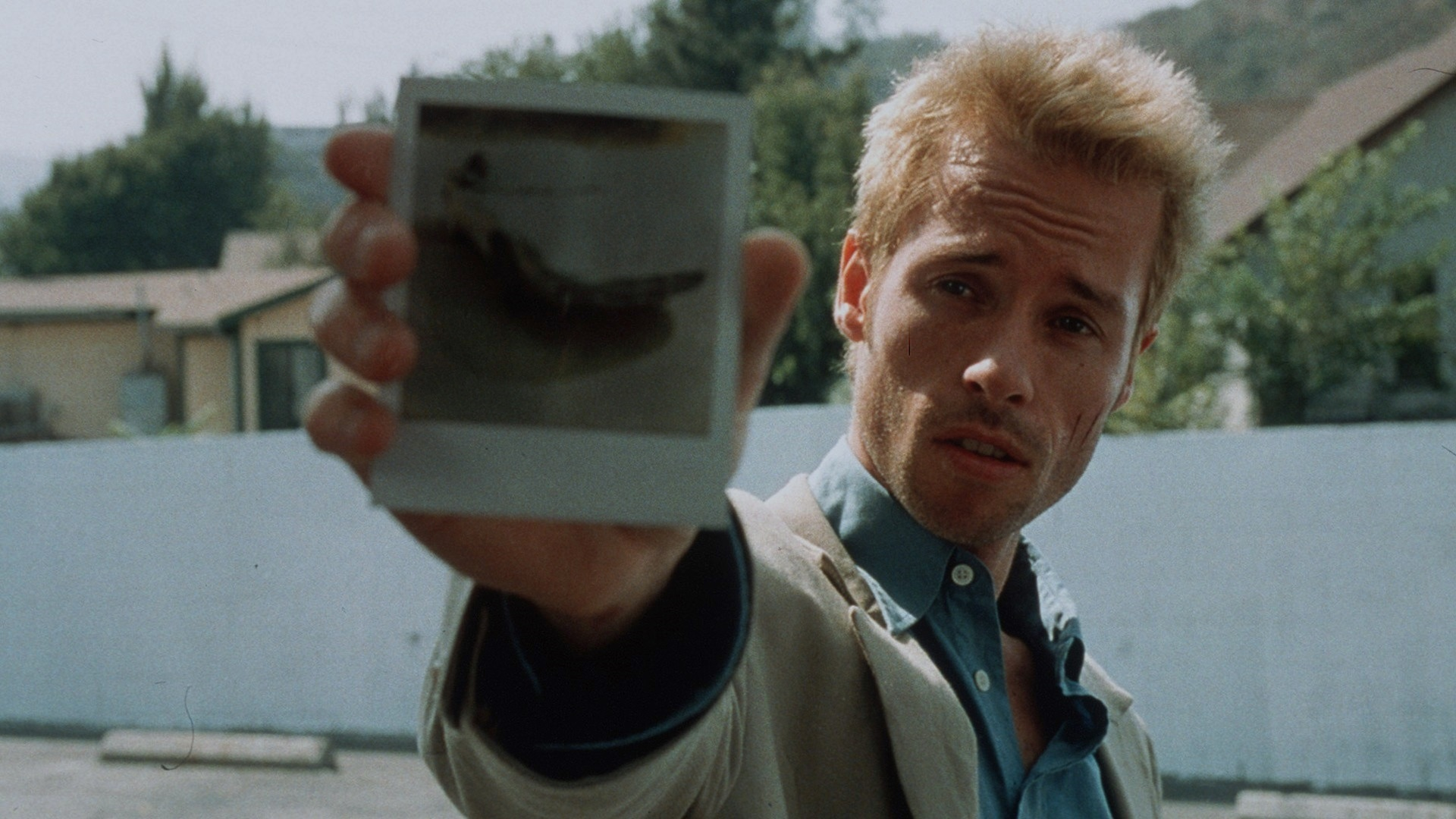You may have heard of the "Tetris effect": Seeing blocks while shopping, packing your suitcase or in your dreams. But how did we find out about this?

You may have heard of the "Tetris effect": Seeing blocks while shopping, packing your suitcase or in your dreams after playing the game for a little bit too long.
Although the term was first coined by Jeffrey Goldsmith in 1994, someone else is credited with discovering this well-known syndrome. A study changes the perception of memory disorders. If you've already seen the trailer for the game of the same name, you might roughly know what this is all about – but there's much more to discover about the Tetris effect.
Study While Sleeping
Robert Stickgold is a professor of psychiatry at Harvard Medical School. Originally, he studied our sleep or, more precisely, dreaming. Together with his colleagues, he led a study in 1999 which showed that test subjects who slept six hours or more after learning something new improved steadily. Others who slept poorly showed no improvement. In 2000, he and his team conducted the well-known study on the "Tetris effect".

Counting Blocks Instead Of Sheep
Following these results, they used the well-known retro game Tetris for a further study: several test subjects with different levels of skill were asked to play Tetris for a couple of days. One test group consisted of five people suffering from anterograde amnesia. It was called a test group because Stickgold expected these people to start from 0 every day. Anterograde amnesia is a memory disorder that prevents the formation of a long-term memory. Sleep enables us to transfer what we have learned from short-term to long-term memory, but this is not possible for people with AA. If you've seen the movie Memento, you will get a general grasp of what it's about.

Was Everything Just A Dream?
During the study, 17 out of 27 participants reported the same dream: Blocks falling, being cleared and creating space for new blocks. However, no one expected that 3 of the 5 amnesia patients talked about experiencing the same thing. Now, several theories exist about how anterograde amnesia develops. Stickgold and Dr. Richard J Haier of UC Irvine believe that amnesia only affects the ability to learn things, but not to see them. In one case, a patient was observed placing her fingers on the correct keys without even knowing why.

Everything, Yet Nothing Forgotten
A great example of this is Clive Wearing. He suffers from complete amnesia caused by trauma. As a result, he lost all memory up to the time it happened. Surprisingly however, his biggest hobby is playing the piano. He doesn't know who taught him or where he learned it, but he has no problem spending time with it every day.

Today, there are dozens of studies and research inspired by these discoveries. The effect of gaming on our brain is still not perfectly understood, but more and more scientists are interested in the impact and further progress is constantly being made.
Perhaps that's why you're trying to fit everything perfectly in your trunk or arrange shelves in geometric shapes!
Did you know about this important study? Or have you ever seen blocks in your sleep?




























